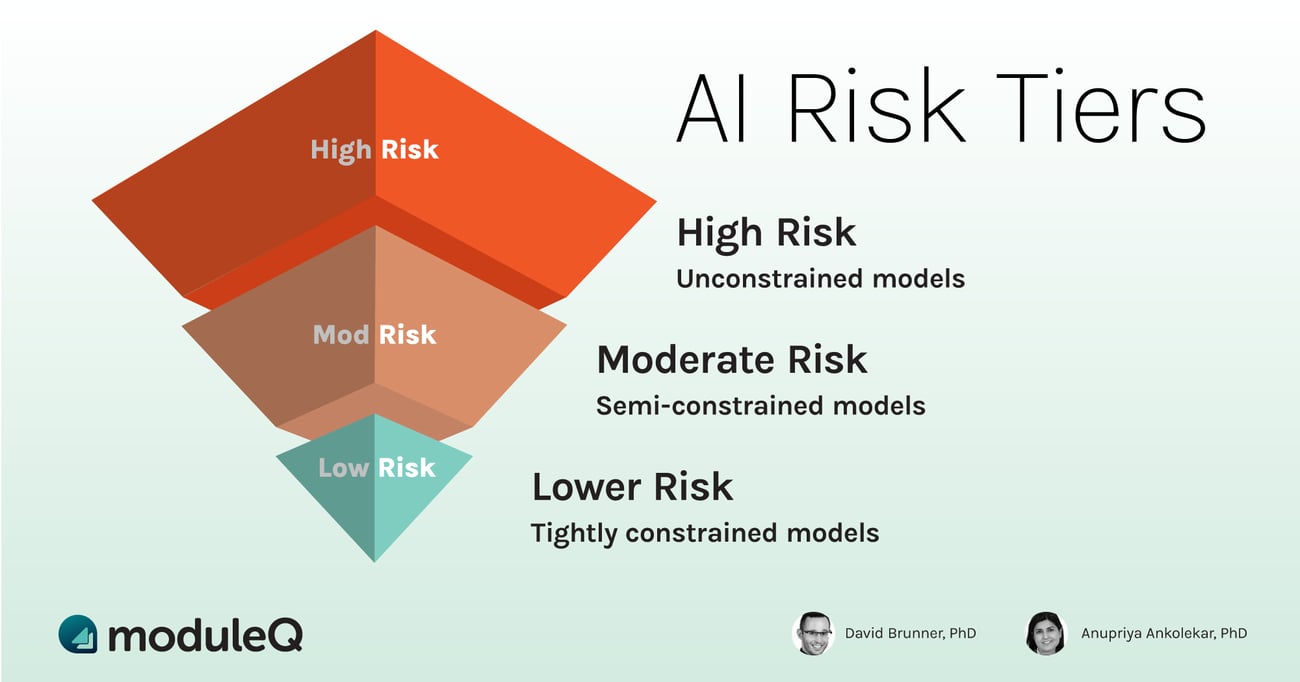Why Data Governance is Crucial in the Age of AI and Digital Transformation
What is Data Governance?
Data Governance is the umbrella practice of managing data within an organization. It incorporates risk management and security across all stages of data (creation and ingest to disposal and redaction). The principles surrounding data governance are often guided by regulation, especially in industries where governmental oversight is integral (e.g., financial services and healthcare).
Data governance has become a focus for many firms, especially as digital transformation and AI are touching traditionally less data-intensive aspects of their businesses. As firms have committed to becoming more data savvy and data-driven in their decision making, this requires more control, leading firms to stand up a governance framework. Major regulatory regions (such as the US, EU, and China) have stepped up their guidance, and so compliance across firms has become a greater focus.
Take the European Union and its General Data Protection Regulation (GDPR), a regulatory framework passed into law (2016) and enacted soon thereafter (2018). Firms that collect data from EU citizens must comply with the regulatory framework, and that compliance is often rooted in the firm's data governance architecture. So a simple website that signs up users and their emails may suddenly be impacted by regulation from across the firm and needs a plan to handle the regulatory requirements.
With the advent of AI, there is a view that data governance has become a larger undertaking, given the unbounded characteristics of generative AI output / data use. The sleepy field of data governance has become a hot topic! As we wrote in a blog post on the topic:
"most [companies] are struggling to implement AI governance mechanisms that reduce AI risks to acceptable levels while accommodating innovation. Risk management and innovation tend to work against each other, and the rise of Generative AI and Large Language Models has made this tension particularly acute. The behaviors of these new AI technologies are not well understood even by their creators, and the risks are clearly serious."
Data governance will be a huge focus for firms adapting to the age of AI, and firms that navigate the promise of new technologies with the need to comply to regulation and minimize business risk will be the ones that avoid the downside while capturing the promise of digitization and artificial intelligence.
Data Governance as defined by:
Google: a principled approach to managing data during its life cycle, from acquisition to use to disposal.
IBM: the data management discipline that focuses on the quality, security and availability of an organization’s data. Data governance helps ensure data integrity and data security by defining and implementing policies, standards and procedures for data collection, ownership, storage, processing and use.
Additional Reading:

AI Governance: The Challenge of Language Models (ModuleQ, 2024)
Designing data governance that delivers value (McKinsey, 2020)
Modern AI Governance Trends (Snowflake, 2024, signup required)